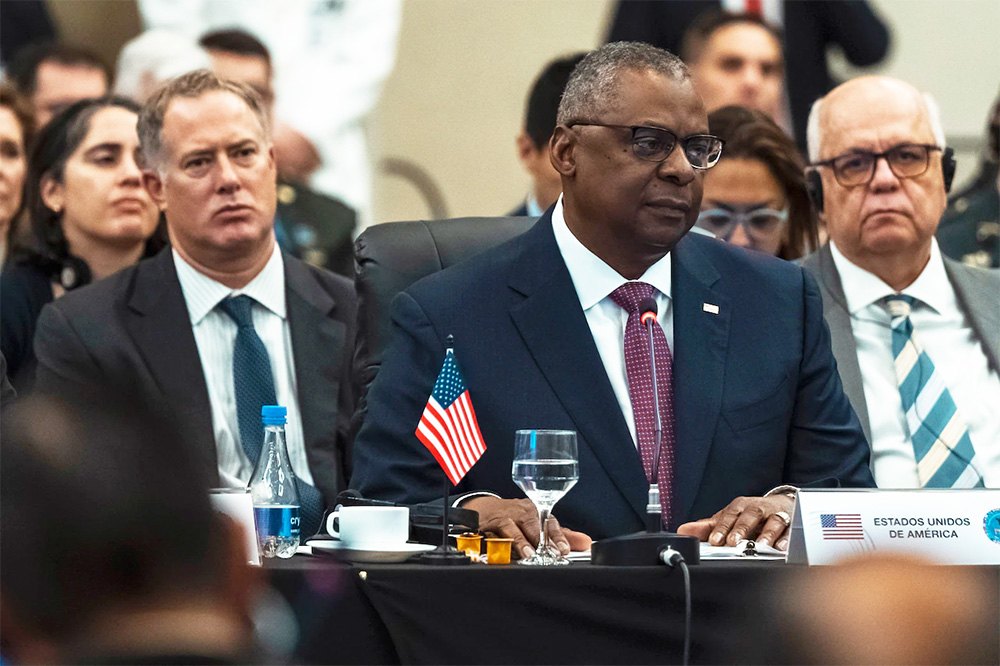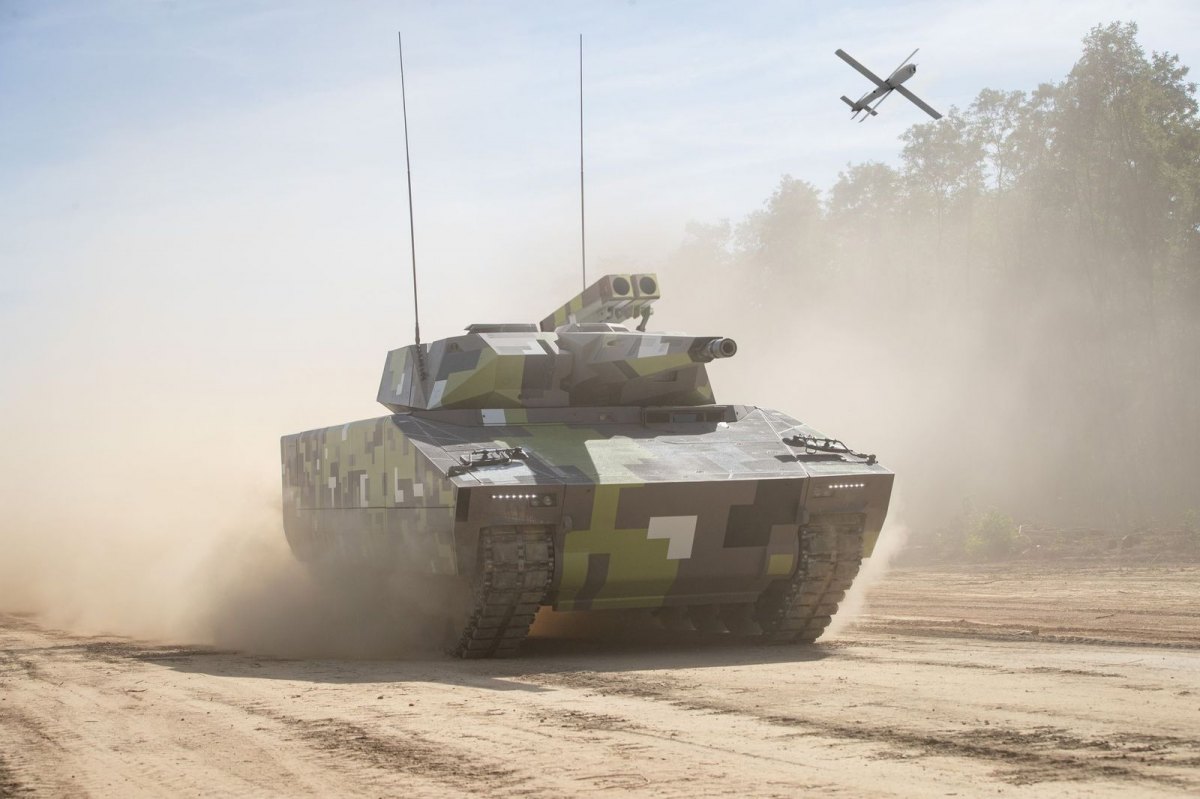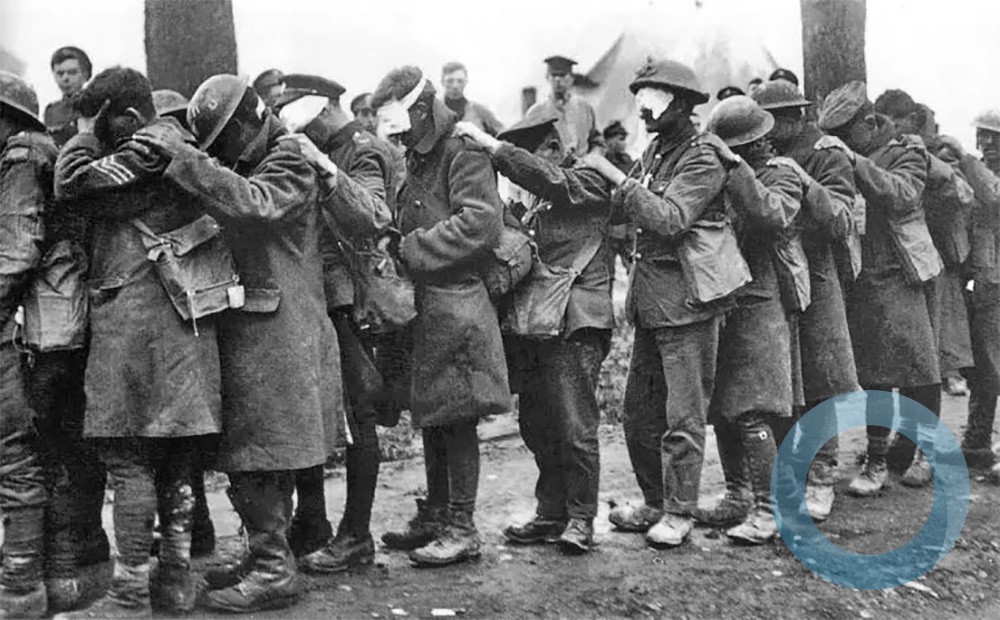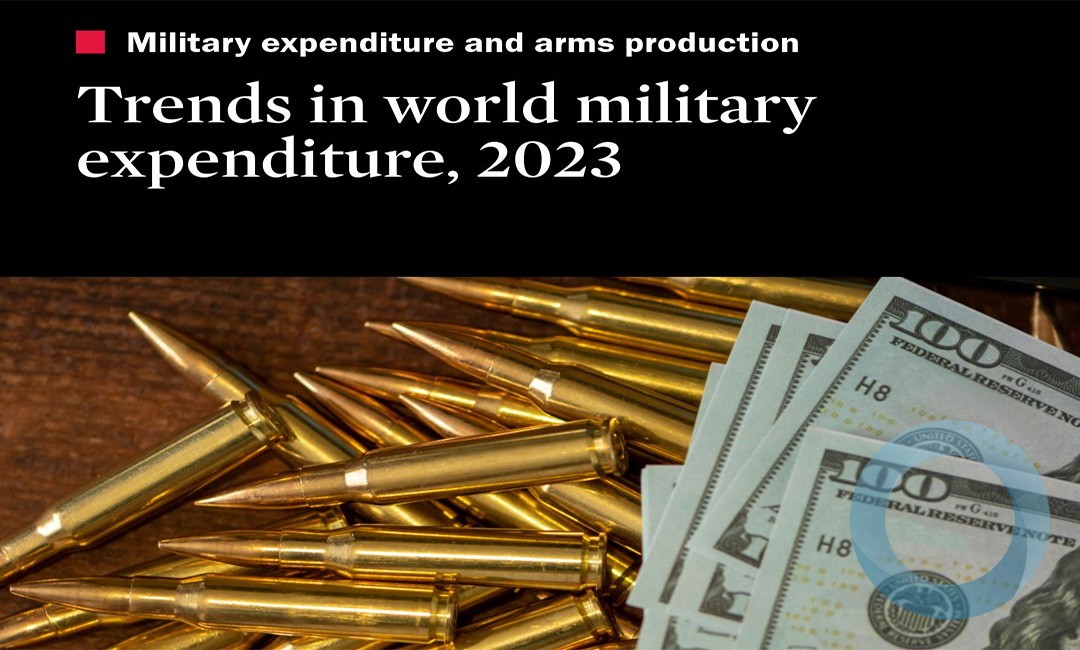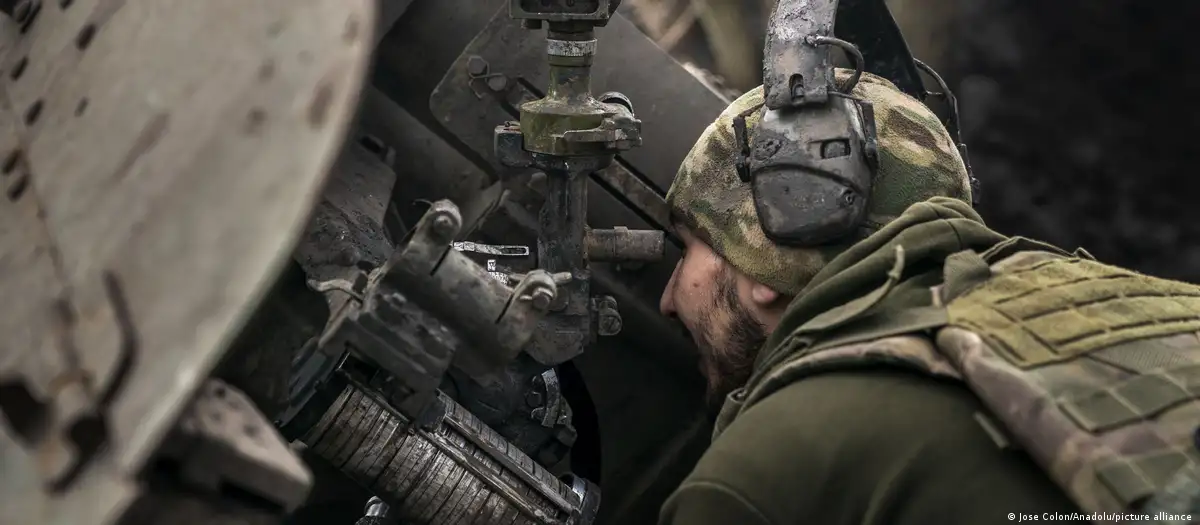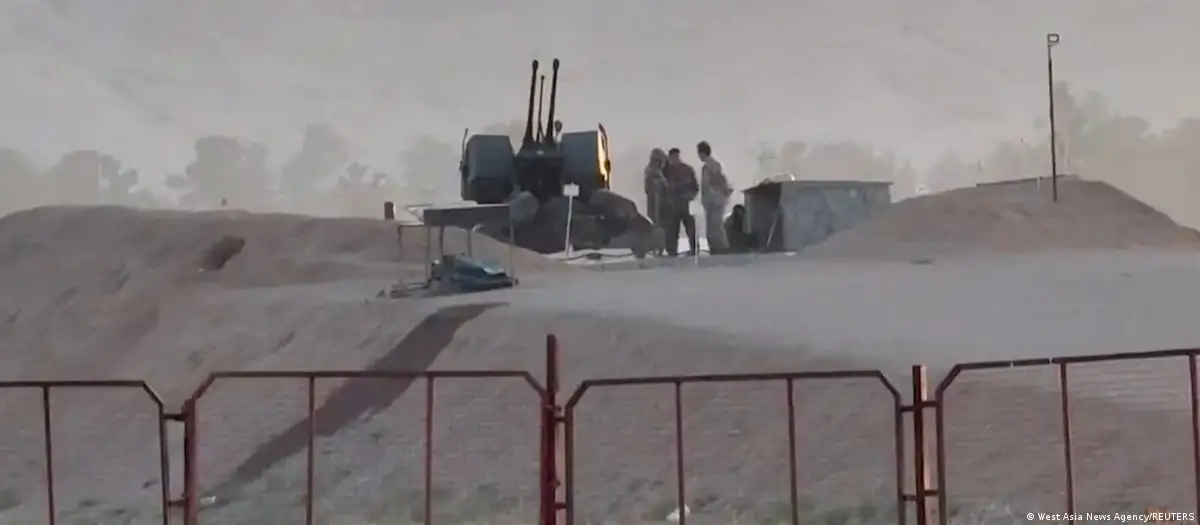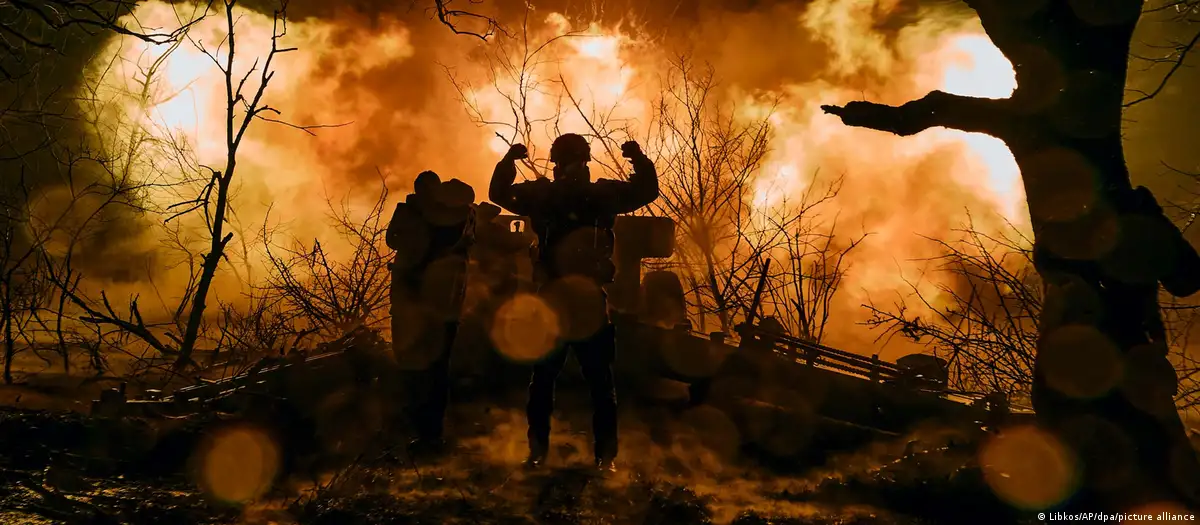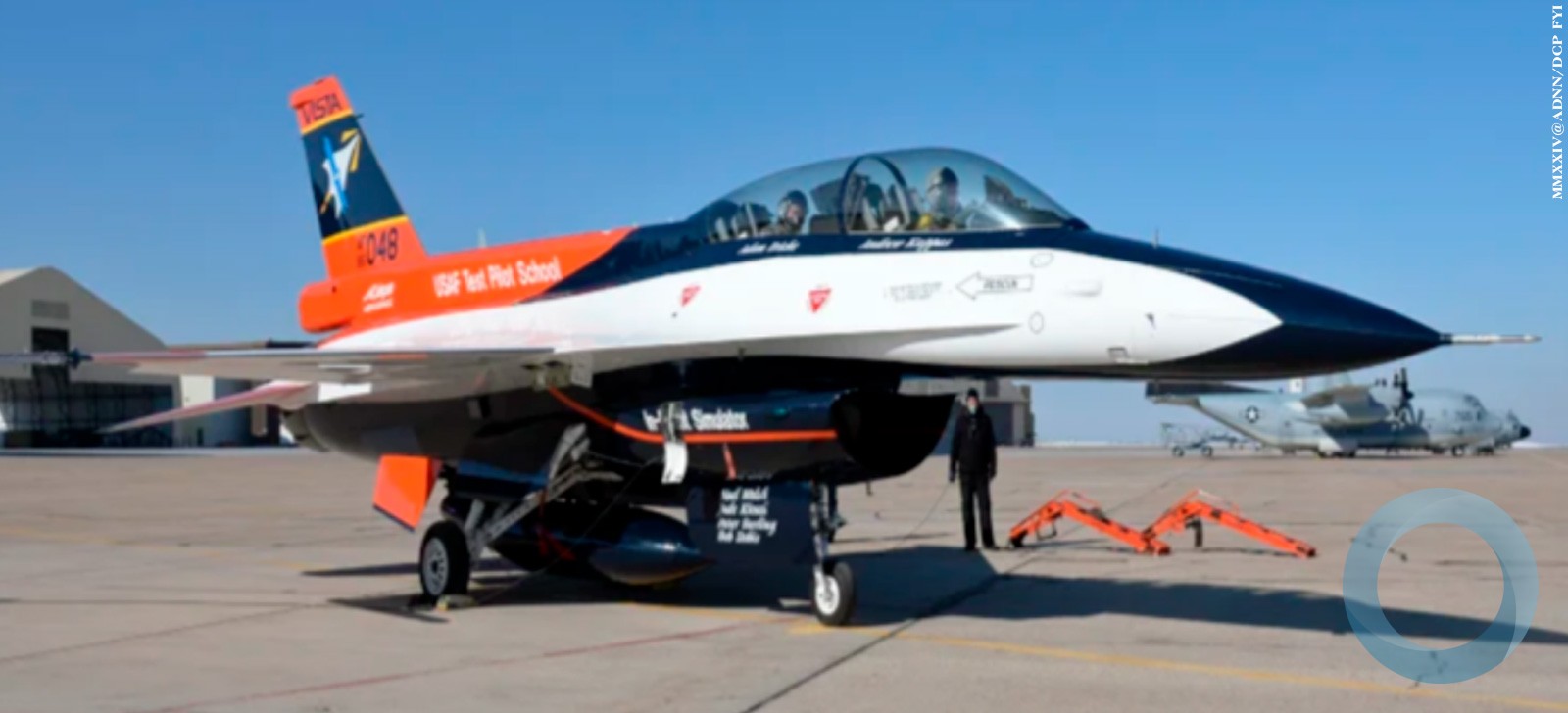outh Korea fired dozens of artillery rounds at rival North Korea on Thursday after the North lobbed several rounds across the heavily armed border dividing the two.
Pyongyang had threatened to take further action unless Seoul ended its loudspeaker broadcasts.
The public announcements had been causing tense relations between the North and the South. After a lull of 11 years, South Korea had started broadcasting anti-Pyongyang propaganda into North Korea.
North Korea has declared states of war in the past; however, its official Central News Agency reported that leader Kim Jong Un had convened an emergency meeting of the central military commission of its ruling party and ordered "troops to be fully ready for any military operations at any time from 5 p.m. Friday."
Officials in Seoul said the North fired across the Demilitarized Zone to back up an earlier threat to attack the South Korean border. The Supreme Headquarters of the Korean People's Army, however, issued a statement late Thursday denying it had launched any shots at the South.
"Using the pretext that our forces fired one shell to the south, which is not true, it made reckless moves by firing 36 shells at our military posts," said the statement, published in Korean by the North's state media.
South Korea in turn raised its military readiness to its highest level. Joint Chiefs of Staff spokesman Jeon Ha-kyu told a televised news conference that South Korea was ready to repel any additional provocation. Defense officials said South Korea will continue the loudspeaker broadcasts despite the threats.
The Koreas' mine-strewn border is a legacy of the 1950-53 Korean War, which ended with an armistice and not a peace treaty, technically leaving the two nations still in a state of war.
North and South Korea remain stubborn ahead of deadline
South Korea stood its ground on Friday, refusing to give in to an ultimatum from Pyongyang that Seoul stop its anti-North propaganda by Saturday afternoon or face military consequences. In response, North Korea announced that its soldiers would be standing at the ready for deployment.
Han Minkoo, South Korea's defense minister, defended the broadcasts, which only recently started up again after a break of 11 years, saying it was a valid response to a landmine in the border area that killed two of their soldiers. He further warned that should Kim Jong Un pursue provocation, his nation would face "searing" consequences.
The tension which was already near a boiling point over the broadcasts and the soldiers' deaths reached fever pitch on Thursday when North Korea fired four shells over the border. Overnight a senior military official from Pyongyang said Kim had "reviewed and approved the final attack operation."
While the North declined to elaborate on what form the "attack" would take, the deputy defense minister in Seoul, Baek Seung-joo, said it was likely that they would fire at some of the 11 sites along the southern side of the Demilitarized Zone (DMZ) between the two countries where they have set up loudspeakers for their broadcasts.
Decades-long conflict
Neighboring China is "deeply concerned" about the situation, the foreign ministry said on Friday, calling for restraint as the sides traded artillery fire. Since the end of the Korean War in 1953, which ended in a truce and never a formal peace treaty, threats and small amounts of violence have been a common occurrence.
The renewed hostility stems from a 2010 sinking of a South Korean navy vessel, which Seoul says was the work of Pyongyang. After this incident, South Korean President Park Geun-hye's attempts at improving ties have come to an almost complete standstill.
China and the US 'have a duty to resolve the Korean crisis'
According to East Asia expert, Rüdiger Frank, tensions on the Korean peninsula can flare up any time. In a DW interview Frank says he does not believe that North and South Korea can defuse the hostility themselves.
DW: North Korea has increased its troops on the Korean border, declaring it is in "a quasi-state of war in frontline areas," according to media reports. What does this move mean for the already tense Korean Peninsula and the relations between Pyongyang and Seoul?
Rüdiger Frank: It means that we are once again experiencing a period of armed escalation after many years of calm. Since 2013, the situation on the peninsula has been pretty quiet, but now it seems that the same old game has restarted. No one can tell how the situation will unfold.
It is not the first time that the North Korea communist regime has ordered the troops to be prepared for war. How big is the risk that it could actually trigger a major military confrontation, particularly after the shelling on the border from both sides on Thursday?
First, we have to look at the situation inside North Korea, where Kim Jong Un is trying to consolidate his power, and which has been visible in his decisions to make "political changes" and disappearances of his rivals. These things show that Kim is not totally sure about his complete power in the country and by ratcheting up war rhetoric he is trying to divert attention from domestic problems.
The situation on such a heavily armed border would quickly escalate if there are casualties on either side. So it could all get out of control in the event of an accident. That is why I think the situation at the moment is very serious. I hope the crisis will ultimately be resolved.
The current crisis is a result of a landmine explosion in early August, which the South blamed on North Korea. After that, Seoul started broadcasting anti-Pyongyang propaganda into North Korean territory at the border area, something which the two nations had not done for eleven years. Eventually, the North issued an ultimatum to the South that if the loudspeaker announcements did not stop within 48 hours, it would reply with military actions. South Korea didn't pay heed to the North's warning. How do you assess Seoul's attitude in the whole conflict?
If a country sets up huge loudspeakers along the border of an enemy state, it is bound to provoke the other side. The problem is that the South Korean government has been in an uncomfortable situation for quite some time because slowly but surely the people in the country are considering it a toothless tiger. The government is trying to demonstrate strength now. And this approach is getting an equal response from the rulers in Pyongyang.
Both regimes in North and South Korea are facing domestic pressures, which are reflected in their foreign policy. That is the real problem: When you use ultimatums or draw red lines, you limit your own options. You are then forced to act if the other party chooses to ignore the ultimatum, or crosses the red line. It is generally not a very wise behavior to make such warnings and ultimatums because then, at some point, the government has an obligation to act.
To what extent are the other countries in the region obliged to react to the situation on the Korean Peninsula?
I believe it is very much a duty of regional and international powers, like China and the US, to defuse tensions. They have to do something because the two Koreas, in my opinion, won't be able to solve this problem in a peaceful manner.
Rüdiger Frank is Professor of East Asian studies at the University of Vienna.
The interview was conducted by Esther Felden.






